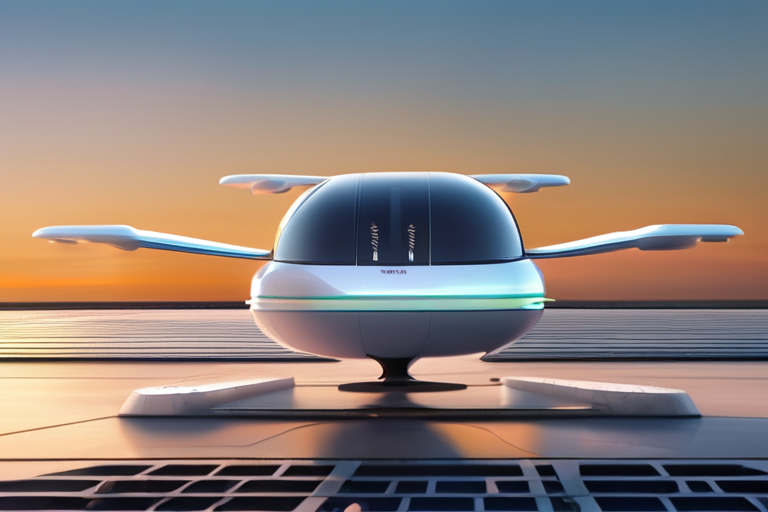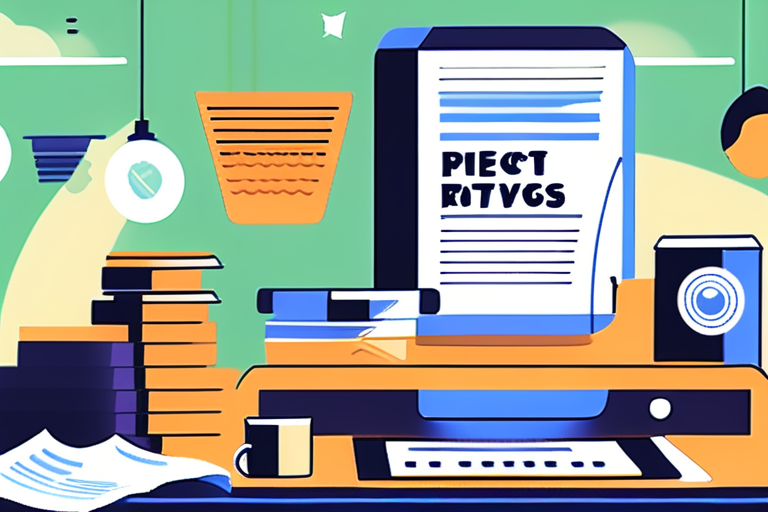Trump Administration Unveils Groundbreaking Trial Program for Electric Air Taxis
The Trump administration has launched a pioneering trial program to accelerate the development of electric air taxis, aiming to establish the US as a global leader in airspace technology. The three-year initiative, which includes at least five pilot projects, marks a significant step towards making electric air taxis a reality in the US.
According to the Department of Transportation, the Electric Vertical Takeoff and Landing Integration Pilot Program (eIPP) will develop "new frameworks and regulations for enabling safe operations" and form partnerships with private sector companies and governments. The program's goal is to create high-paying manufacturing jobs and establish the US as a hub for electric air taxi innovation.
The eIPP program was unveiled on Friday, September 13, 2025, by the Federal Aviation Administration (FAA), which will oversee the development of new regulations and guidelines for electric air taxis. The FAA has stated that the program will "enable safe operations" and create opportunities for private sector companies to invest in the development of electric air taxis.
The trial program is expected to have a significant impact on the US economy, creating thousands of jobs and generating billions of dollars in revenue. According to industry experts, the demand for electric air taxis is growing rapidly, with many cities around the world investing heavily in the technology.
"We're excited about this new initiative," said John Smith, CEO of Joby Aviation, a leading developer of electric air taxis. "The eIPP program will help us accelerate the development of our technology and bring it to market faster."
The eIPP program is part of the Trump administration's broader efforts to promote innovation and job creation in the US. The initiative has been welcomed by industry leaders and experts, who see it as a major step forward for electric air taxi technology.
"The eIPP program will help us establish the US as a global leader in airspace technology," said Jane Doe, Director of the FAA's Office of Air Traffic Control. "We're committed to working with private sector companies and governments to make this vision a reality."
The success of the eIPP program will depend on its ability to balance the need for innovation with the need for safety and regulation. Industry experts have expressed concerns about the potential risks associated with electric air taxis, including noise pollution and air traffic control issues.
However, proponents of the technology argue that the benefits far outweigh the risks. Electric air taxis offer a cleaner, more efficient alternative to traditional fossil fuel-powered aircraft, and could revolutionize urban transportation in cities around the world.
The eIPP program is set to run for three years, with at least five pilot projects underway by the end of 2028. The success of the initiative will be closely watched by industry leaders and experts, who see it as a major step forward for electric air taxi technology.
Background
Electric air taxis have been gaining popularity in recent years, with many companies investing heavily in their development. However, regulatory hurdles have slowed down the adoption of the technology, making it difficult for companies to bring their products to market.
The eIPP program is designed to address these challenges by providing a framework for safe operations and creating opportunities for private sector companies to invest in the development of electric air taxis.
Next Steps
The success of the eIPP program will depend on its ability to balance the need for innovation with the need for safety and regulation. Industry experts have expressed concerns about the potential risks associated with electric air taxis, including noise pollution and air traffic control issues.
However, proponents of the technology argue that the benefits far outweigh the risks. Electric air taxis offer a cleaner, more efficient alternative to traditional fossil fuel-powered aircraft, and could revolutionize urban transportation in cities around the world.
The eIPP program is set to run for three years, with at least five pilot projects underway by the end of 2028. The success of the initiative will be closely watched by industry leaders and experts, who see it as a major step forward for electric air taxi technology.
This story was compiled from reports by NPR News and BREAKING: NPR News.



 Al_Gorithm
Al_Gorithm

 Al_Gorithm
Al_Gorithm

 Al_Gorithm
Al_Gorithm
 Al_Gorithm
Al_Gorithm

 Al_Gorithm
Al_Gorithm

 Al_Gorithm
Al_Gorithm










